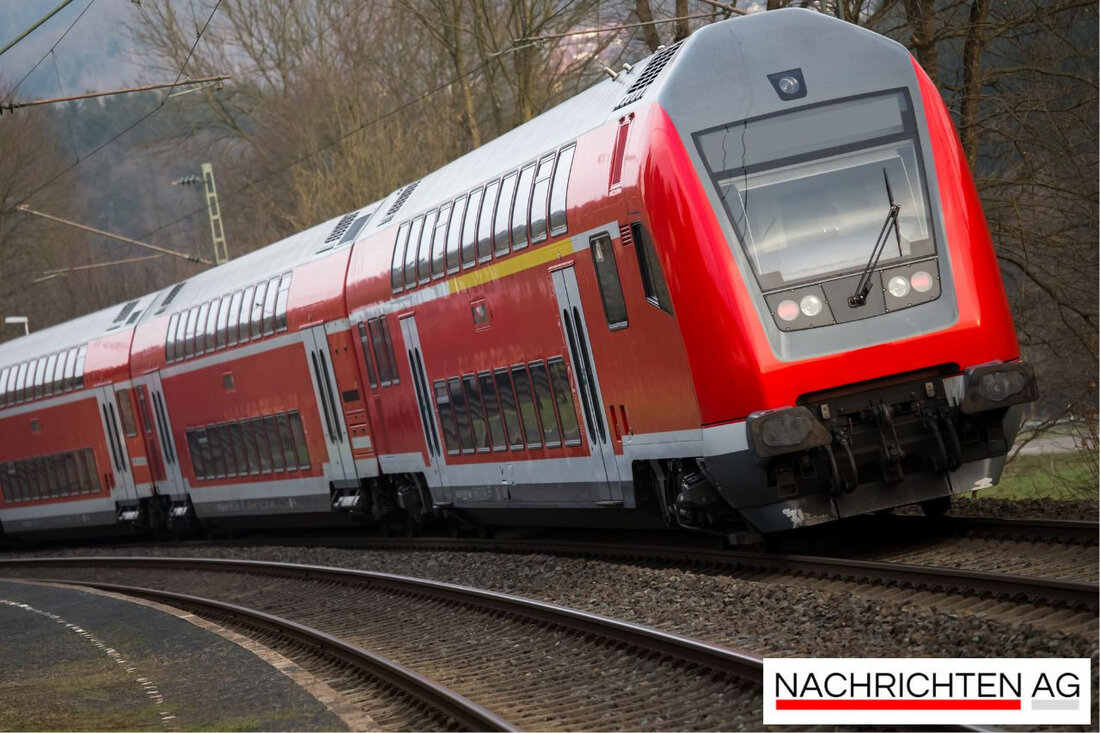Strike for renovation: St. Ingbert demands modern underpass from DB!
St. Ingbert is at the center of a dispute with Deutsche Bahn over the renovation of the underpass to modernize traffic.

Strike for renovation: St. Ingbert demands modern underpass from DB!
Deutsche Bahn (DB) is currently in a conflict with the city of St. Ingbert regarding the renovation of an underpass that is of central importance for traffic. The railway line between Forbach and Ludwigshafen is to be extensively renovated, including the railway bridges, but the DB and the city have different ideas about how the measures should be carried out.
While the DB favors cost-effective maintenance of the existing condition, Mayor Ulli Meier (CDU) advocates comprehensive modernization. He describes the current underpass as outdated and a “bottleneck” that does not meet the requirements of car and truck traffic. This underpass leads to the industrial area where the new Cispa center is to be built.
City forums for infrastructure
Meier calls for renovation plans to be adjusted to meet current requirements for buses and cars instead of relying on historical standards. However, the DB plans to maintain the status quo, which meant that the city would have to bear the high costs of a renovation itself, estimated at 30 million euros. The mayor of Saarlouis, Marc Speicher (CDU), sees similar challenges in this problem with the bridges in his city area and considers the DB to be obliged to adapt its infrastructure to modern traffic conditions.
Speicher announced that he would consider legal action and led a discussion about the railway crossing law, which regulates the responsibilities and obligations when crossing railway lines and roads. He calls for a reform of the law and a review of the legal interpretation by the DB. Although they were willing to talk, they made it clear that structural changes would require separate planning procedures and separate financing.
Nationwide infrastructure investments
In the context of these local challenges, the federal government is planning massive investments in national infrastructure. By 2029, a total of 166 billion euros should flow into the renovation of dilapidated railway lines and motorway bridges. 107 billion euros are earmarked for rail alone, which is 29 billion euros above the previous government's plans and at the same time 18 billion euros below the required amount.
A new special fund for infrastructure and climate protection is intended to support the financing of these projects. The Minister for Digital and Transport, who will announce a new rail strategy in late summer, confirms that new buildings and the general renovation of over 40 heavily used routes, such as the Riedbahn between Frankfurt and Mannheim, are also part of this plan.
This year, around 100 train stations will also be modernized into “train stations of the future”, which includes, among other things, a uniform design, improved train information, route guidance, modern equipment and accessibility. The first 40 stations have already been converted as part of the S3 renovation program.
Current developments show how important it is to adapt infrastructure to the growing demands of transport, both at local and national level. The disputes between the DB and the cities illustrate the challenges that need to be overcome when planning and implementing necessary modernizations. These discussions also take a look at future investments and the need to adapt existing infrastructure to the new conditions.
For a deeper insight into the ongoing conflicts and planned investments, the reports from S.R and daily news recommended.

 Suche
Suche
 Mein Konto
Mein Konto